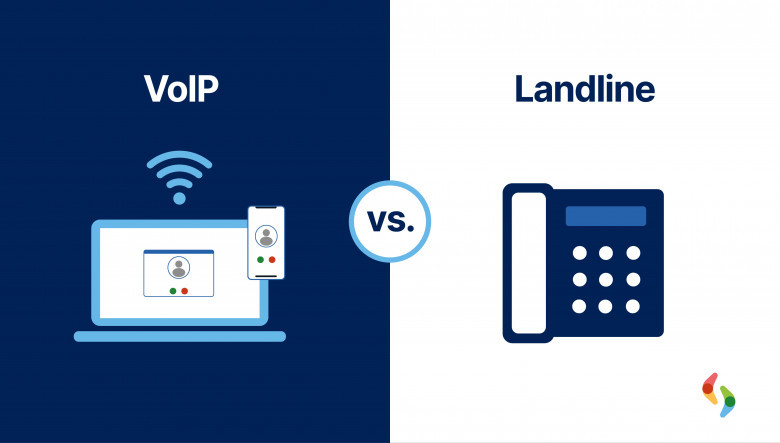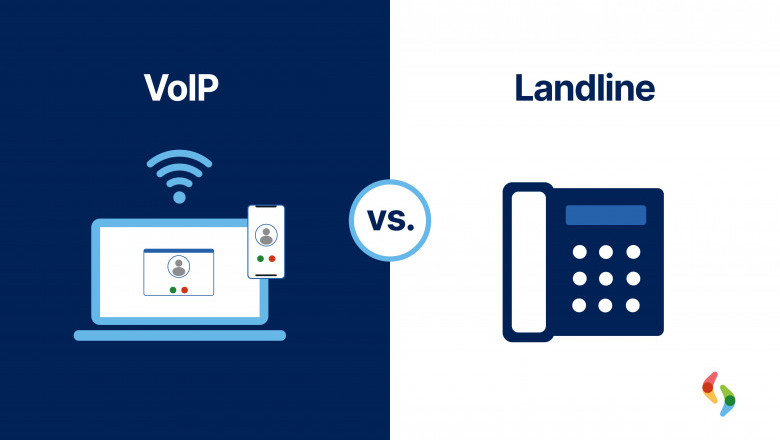views
In a world increasingly concerned with sustainability and reducing carbon footprints, communication technology is under the microscope. As individuals and businesses evaluate the shift from traditional landlines to internet-based phone systems, one question that often goes overlooked is: What is the environmental impact of VoIP vs. landline communication?
Traditional Landlines: Infrastructure-Heavy and Energy-Intensive
Landline phones rely on a vast physical infrastructure of copper wires, telephone poles, and circuit-switched networks. Installing and maintaining this network requires substantial natural resources and energy. Copper mining, cable production, and long-haul transportation contribute significantly to greenhouse gas emissions and environmental degradation.
Additionally, landline systems often depend on older, less energy-efficient equipment housed in large telecom facilities. These central switching stations must remain operational 24/7, consuming electricity continuously. Even though landline phones themselves require minimal power, the backend systems that support them can be energy hogs.
VoIP: A Greener Alternative
Voice over Internet Protocol (VoIP) operates differently. Instead of relying on copper wiring, VoIP transmits calls through the internet using existing broadband infrastructure. This model eliminates the need for much of the physical hardware associated with landlines, reducing demand for raw materials and energy.
VoIP also benefits from modern data centers, many of which are increasingly powered by renewable energy. Cloud-hosted phone systems can be managed efficiently, scaled virtually, and maintained with far less environmental cost than traditional telecom facilities. Furthermore, as more users adopt VoIP, the consolidation of communication services (voice, video, messaging) into a single platform leads to even greater energy efficiency.
Device Efficiency and E-Waste
Another environmental consideration is device usage and lifespan. Traditional landline phones are generally durable, with some lasting decades. VoIP systems, on the other hand, often require IP phones, computers, or mobile devices, which may be replaced more frequently. This can contribute to electronic waste (e-waste) if not managed responsibly.
However, the increased flexibility of VoIP allows users to repurpose existing devices—like smartphones or laptops—thereby reducing the need for new hardware. Moreover, many VoIP platforms are compatible with softphones (software-based phones), eliminating the need for physical handsets entirely.
Remote Work and Carbon Reduction
Perhaps the most significant environmental benefit of VoIP lies in its support for remote work. By enabling seamless communication from anywhere with an internet connection, VoIP reduces the need for commuting and business travel. This shift can lead to a dramatic reduction in carbon emissions associated with daily transportation and office energy usage.
Conclusion
While both VoIP and landline systems have environmental impacts, VoIP clearly presents a greener alternative. By leveraging internet infrastructure, reducing reliance on physical hardware, and supporting remote operations, VoIP contributes to a more sustainable communication future. As technology continues to evolve, choosing VoIP over landlines can be a small but meaningful step toward a lower-carbon world.























Comments
0 comment